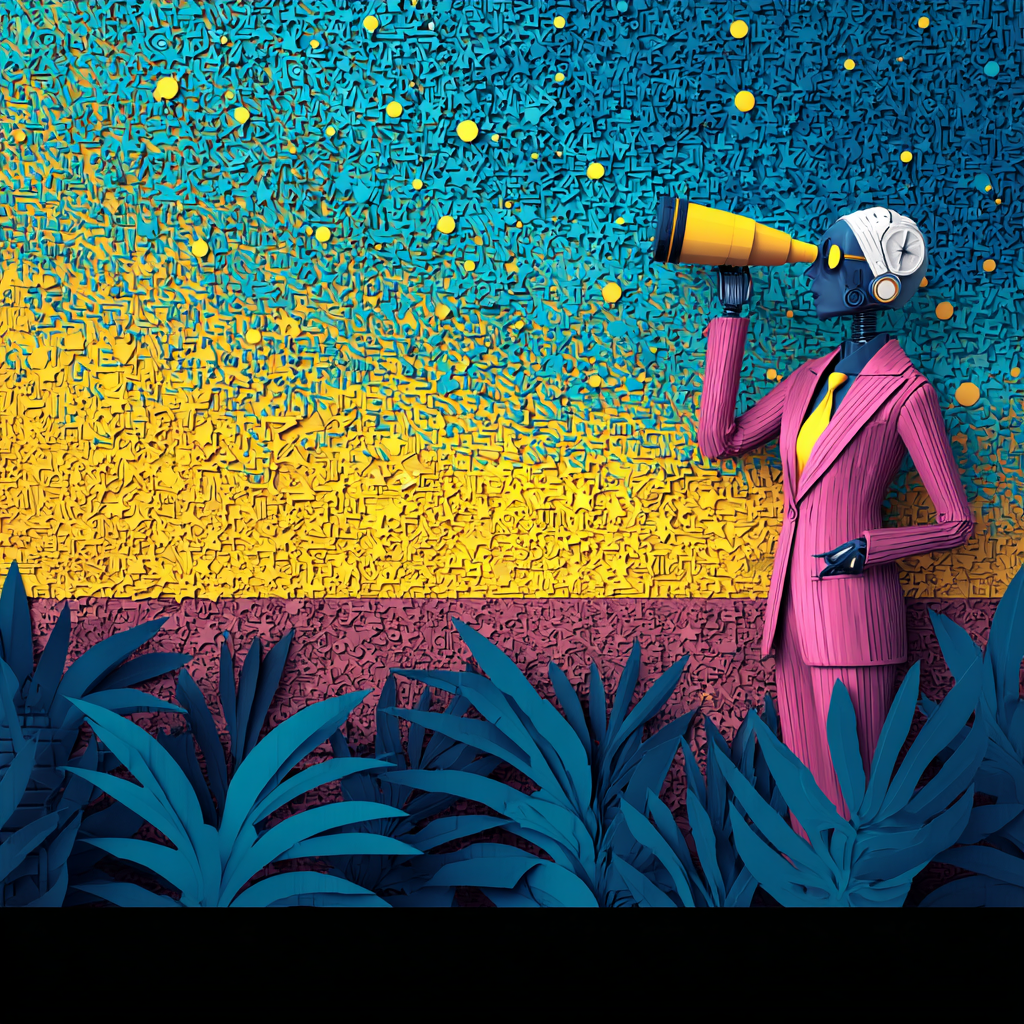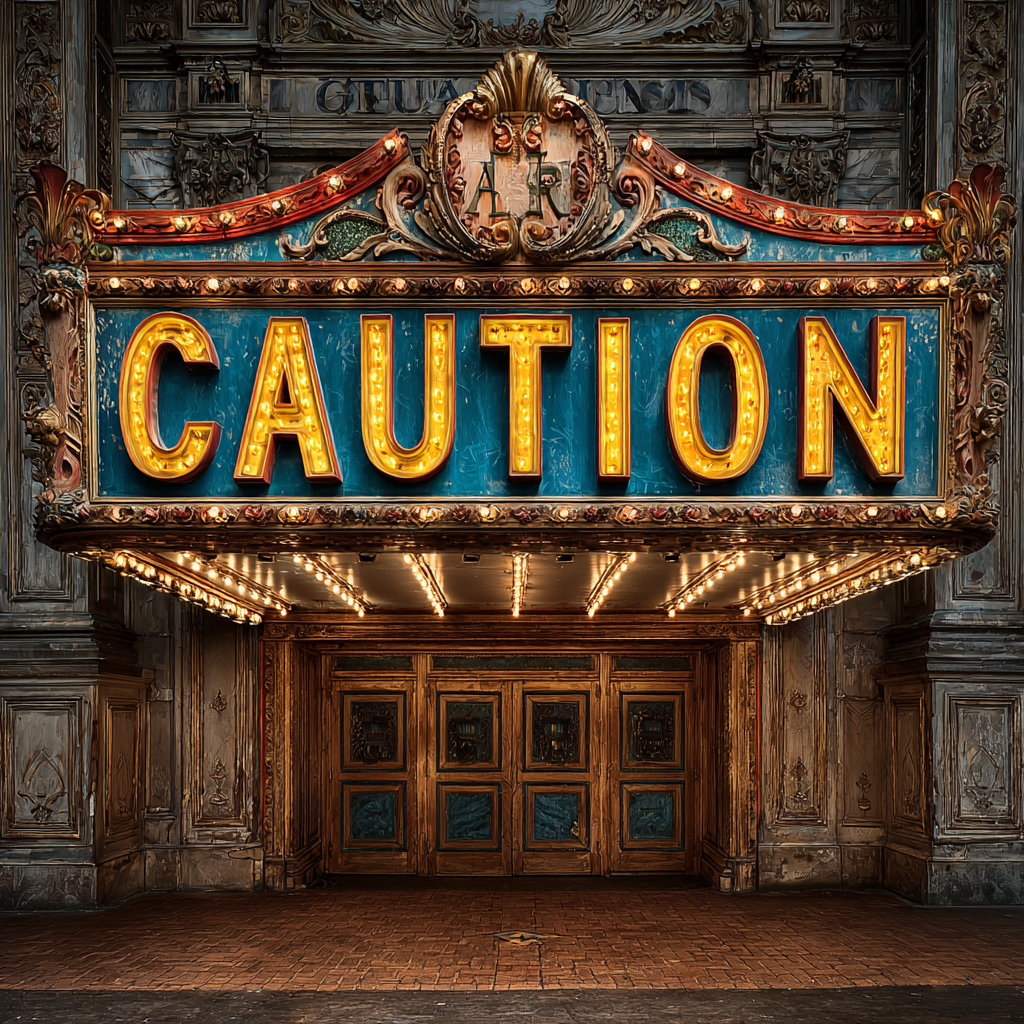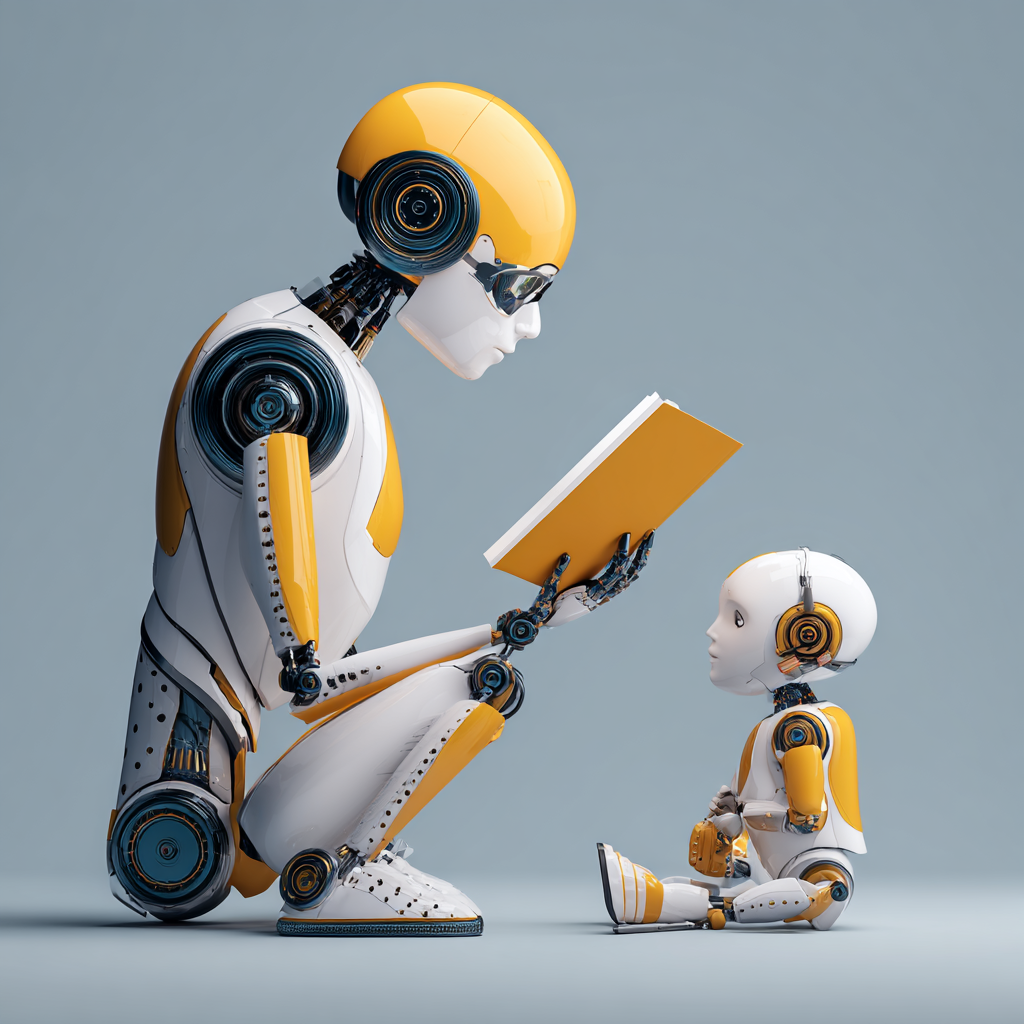When we think of Great Extinction events, we think of the dinosaurs or the endangered leopard. I always wondered how the last of a species felt; did they know they were the last of their kind? Did they mourn the passing of their species?
Then I realized, most shockingly, I was part of a species that was about to go extinct.
I hadn’t realized it before but now I understand I am the last of our modern human species who grew up in a 100% analog world. I am the last generation to witness the transition to a near total digital world. Living through that rapid change is probably one of the most extreme transformation ever experienced in human history – on par with the impact harnessing fire had on early humans.
It is appropriate, therefore, to acknowledge the common, general sense of loss one feels in any extinction event which applies in this case too. As the Baby Boom generation dies off, we will lose the living memory about the human condition sans any technological intermediaries. This experiential essence can never again to be resurrected – can never be brought back ala a Jurassic World movie moment.
Technology has become the main filter for how we process our existence but we risk losing the essence of our humanity that pre-dated technology even as technology grips us in its ever-tightening embrace.
Living in an analog world will be unfathomable in 50 years.
A few years ago there was a funny video asking today’s kids to make a call on a rotary phone. Their attempts were hilarious but ultimately failed because of the disconnect between the analog world and the digital world they grew up in. The video revealed the true span of the chasm that exists between the analog world and the digital one.
For those of us who grew up in the 1950s through the 1970s, we saw great technological advancements, but nothing prepared us for the digital revolution that was going to completely immerse us, replacing our analog in the span of about 25 years – just one generation. It’s easy to forget the first PC was only first introduced in 1974 and the Macintosh didn’t even make its entrance for another 10 years (1984).
We had no idea of how radically our world was to change because our world seemed well-set on the foundations of the physical; tactile, very up-close and personal.
- You had to go to the library to do research. You had to know your way around index cards to find the books you wanted. You touched real books, felt how heavy they were especially if you had check them out with the librarian stamping the due date in the back.
- You had to go to a bank, during banker’s hours, wait online to have a cashier dole out cash.
- You had to use a typewriter or a pen with paper to write a letter or business correspondence. Then you had to put the letter in an envelope with a stamp and find a mailbox.
- You had to refer to maps to find your way on a road trip, carefully unfolding and refolding it so that the map could be used again.
- You had to write checks to pay your bills and send it in the mail.
- You had to use a dictionary or thesaurus to get help on language questions.
- You had to go a movie theater to see a movie.
- You had to subscribe to newspapers or magazines to get news or content.
- You had to go to stores by car or by foot to buy anything – from food to footwear.
The analog world was populated with physical “stuff;” wires, transistors, plugs and resistors. Back then, everyday functions were grounded in the physical world one could touch and feel. You could hear how a book sounded when you cracked them open to find the jewel of knowledge you were looking for. Word processing or math were manual processes with paper and pencil. People had shopping lists and coupons they cut out to be redeemed at the store upon checkout. If something broke, you could often, literally, see the problem.
In this very tactile world, we were rewarded with many, many visceral moments of satisfaction every single day.
Every time we wound a watch or fixed our car’s stall problem on the road – we got a satisfyingly jolt of joy at the accomplishment. These moments were not the exception but a regular, day-in-day-out feature of our analog world’s existence.
Today, technology has largely robbed us these precious, yet heretofore frequent moments. Now if you get lost, you get no satisfaction at figuring out where you are when Google Maps tells in a moment. We can now technologically outsource many functions, like research or content development, but we don’t experience the thrill at creating the perfect turn of the phrase.
We can do more things today using technology but we are less and less knowledgeable about how things actually work in our techno-centric world.
We are far more productive because of technology but we experience far less satisfaction with our enhanced capabilities.
The digital world is binary and that extends way beyond the literal applications but reflects a different mindset between these two modes of being; a gap as wide as the proverbial Mars/ Venus distances.
Make no mistake. I do not yearn for a pre-digital world, but as the last generation to have been nurtured in an analog world, there’s the inescapable truth that we may be the last of a breed to understand how to experience the world of “stuff.” We may be the last generation to know how to:
- live courageously in business, unintimidated at the thought of competing with the mega tech companies because we know their origination story – before they were legends.
- experience a richer depth of sensory life experiences that allowed for achievements that are possible when the hands, heart and mind work together
- appreciate far more the benefits of technology than digital natives do because we knew the “before times”
- approach technology with a healthy sense of skepticism because while we remain open minded, we dont let our brains fall out
More than anything, those born between 1950s – 1970’s view the world differently than our digital contemporaries in our “dated” proficiency at creating a trusted world around us; of news, information, subject matter experts, business and institutions.
One could argue that we were naïve to trust but I would argue that we could function efficiently in the very physical, analog world because we understood how to bring in trusted elements into our lives while also knowing what to exclude from our physical and mental spaces.
Those born half a century ago were well trained to create trust in the world they lived in. This skill is not as easily transferred to the digital world of today. The loss of knowing how to establish trust is probably the most the damaging aspect of this extinction event. Sadly, this extinction level loss means we are all the poorer for it.





